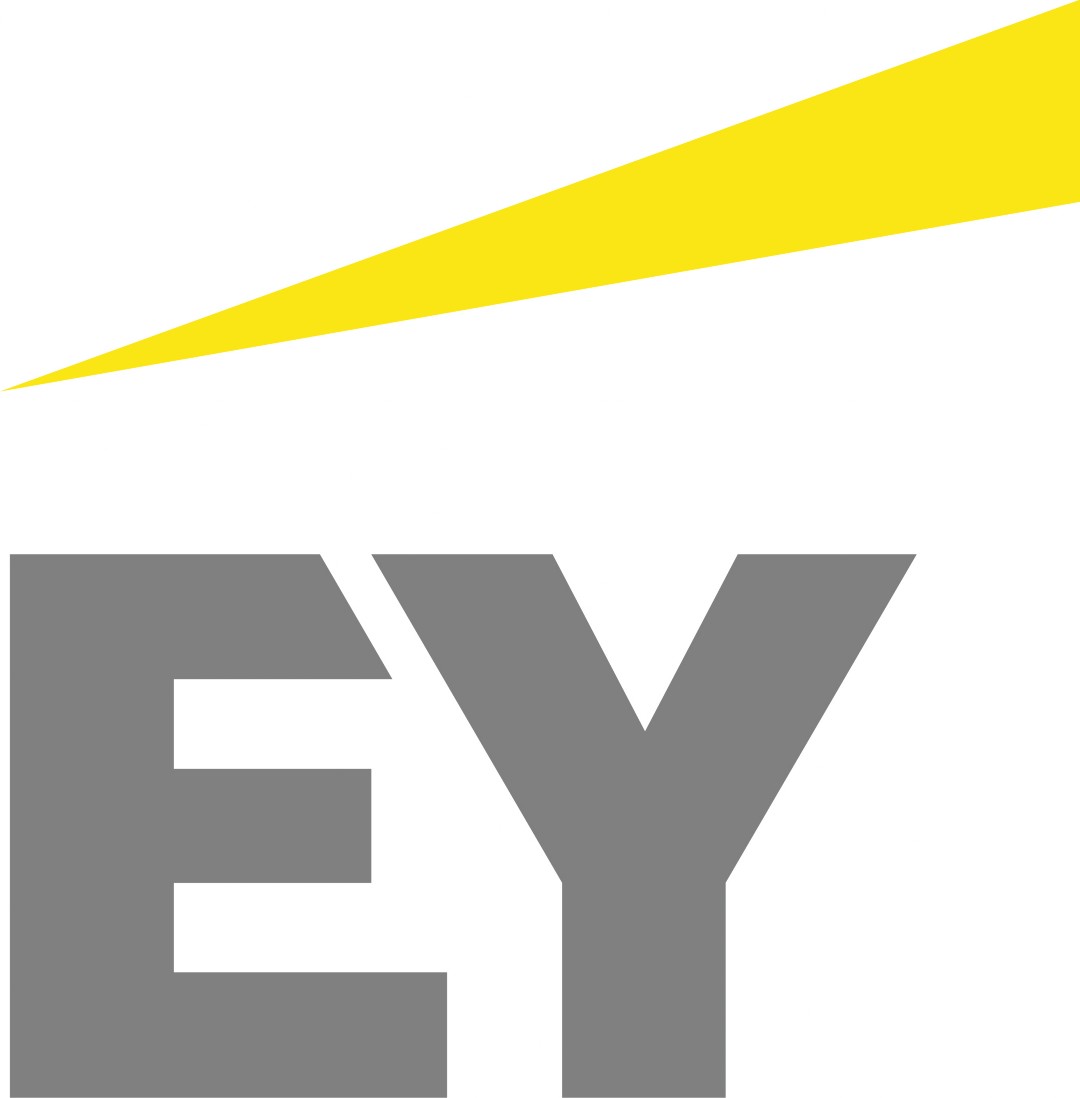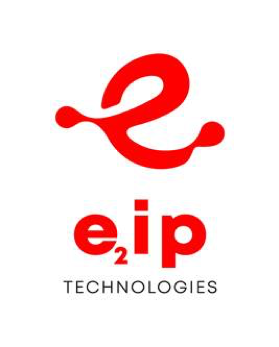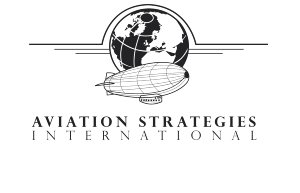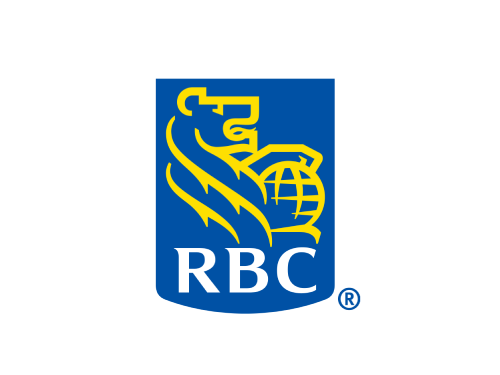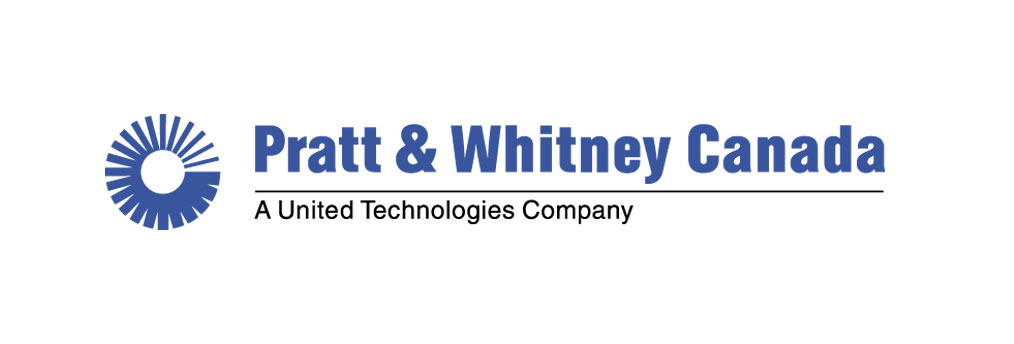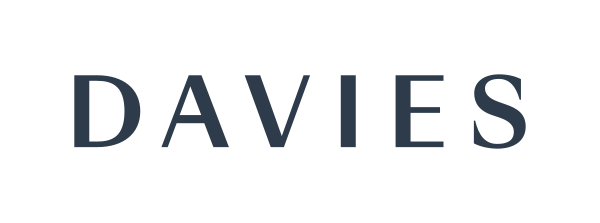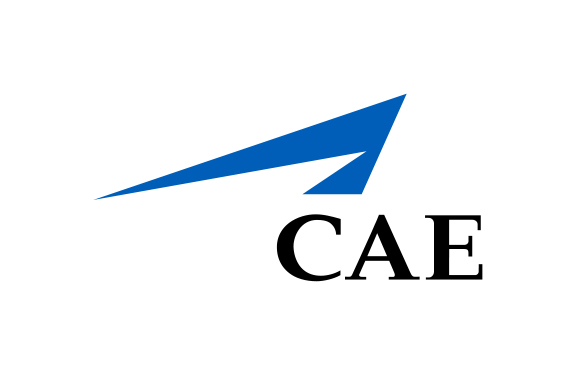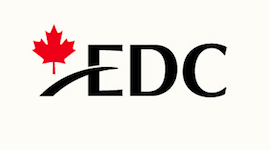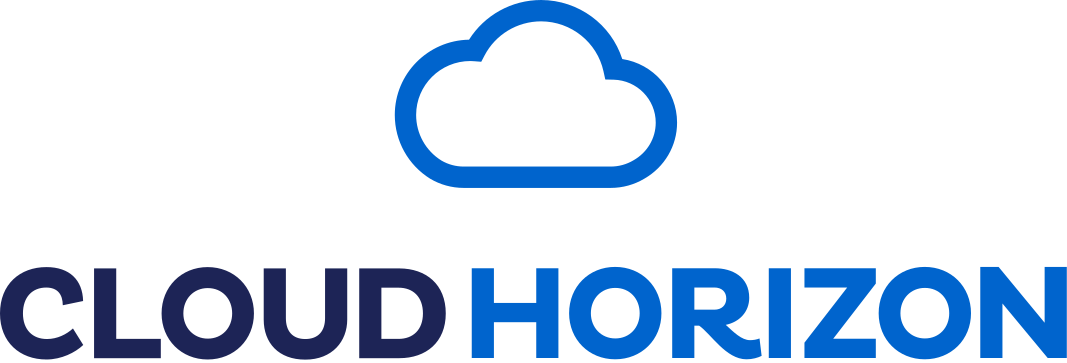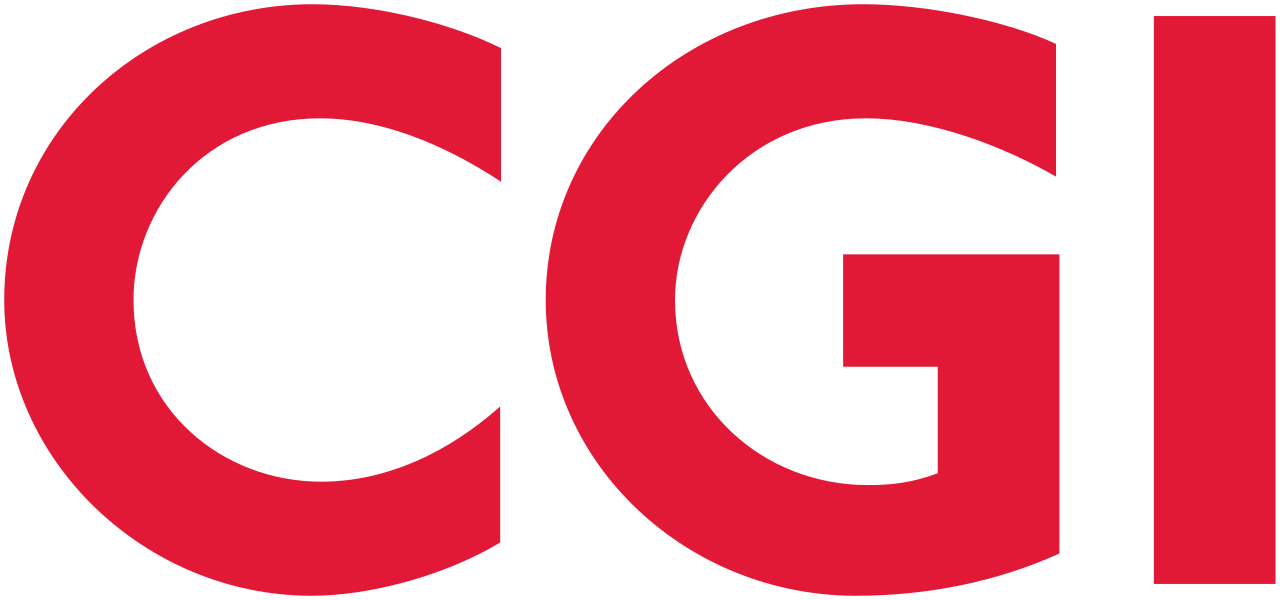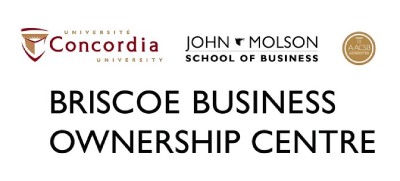Reality check – MBA students take stab at boardroom battle
[img_assist|nid=809|title=|desc=Yesterday at the Queen Elizabeth Hotel, organizers Sorin Munteanu and Elena Kontakos pinned up posters for the International Case Competition. Contestants come from as far away as New Zealand. (photo: John Kenney, Gazette)|link=none|align=none|width=640|height=492]
MARY LAMEY
THE GAZETTE
They’ve performed in the classroom, but can they cut it in the boardroom? This week, 150 students from Canada and abroad are asking themselves that very question as they tune up for the 15th annual International Case Competition, hosted by Concordia University.
Teams from 17 Canadian and 13 international universities will take part in the competition, which judges the MBA students’ business acumen. In the first round, each team is given a case study – an account of a prickly problem faced by a real company – and three hours in which to discuss the problem, prepare an analysis and formulate recommendations. They then have 25 minutes to make their pitch to the panel of judges and then face a 15-minute question period.
In the final round, three teams square off for $10,000 in scholarships. This year’s $4,000 top prize was donated by the Bank of Montreal. Second prize, $3,000 was donated by Noranda Metallurgy Inc. Third prize, $2,000, was donated by Pratt & Whitney Canada.
“This isn’t textbook learning. It’s as close to reality as these students will get before hitting the business world. The judges they’ll be facing are from within industry and often they know the lowdown on the cases that are being presented,” said Mac McClelland, coach of the team from the University of Otaga, in Dunedin, New Zealand.
Last year, the team from Otaga presented a case involving the Labatt brewery. Their panel of judges included a Labatt executive well-acquainted with the case. “When the presentation was over he said he wished we’d been consultants on the case. We could have saved them from making a costly mistake,” McClelland said with satisfaction.
The Kiwi crew has taken part in four previous Concordia case competitions and walked away with the top prize twice. The annual trip to Montreal cost about $20,000, most of which the New Zealanders raised through the business community back home. Both the bone-chilling cold and better than 20 hours of travel time are a shock to the system, but those are outweighed by the benefits of the competition, said Graham Searle.
“This is one way for Otaga to differentiate itself from the other schools in New Zealand. We’ve earned a good reputation by competing here.” Besides, added teammate Matthew Gould, it doesn’t hurt to add the Concordia competition to a resume. It is the largest university case competition in the world.
The team, which includes Tracey McCracken and Marie Straver, spent the morning working on mock cases, before breaking for a food-court lunch. The New Zealand team is one up on some of its competition. Heavy snow in the northeastern U.S. closed airports and delayed the arrival of teams from Clark University in Worcester, Mass., George Washington University in Washington. D.C., Gothenburg University in Sweden and another in Mexico City.
The Concordia competition is organized each year by a team of three second-year MBA students who are responsible for every facet of the event from designing the poster to finding judges. This year’s event has an operating budget of $120,000. Securing corporate funding was particularly difficult this year, said Elena Kontakos. “Money is tighter. We turned to people that have come through for us in the past, but for whatever reason there was less money.”
Some companies decided to defer making a decision about donations until after the referendum, forcing the organizers to scramble madly just as the school semester got into full swing. “We are all carrying five courses as well as organizing this. There was a lot of last minute calling around going on,” said Drummond Aikman.
Finding judges presented a different challenge. Word of the event has spread in the Montreal business community and willing volunteers aren’t that hard to find. “Often, we’ll get a last-minute call from someone, saying he’s stuck in Hong Kong and won’t make it back in time,” Kontakos said. “It seems that the higher up the company they are, the more we want them as judges and the harder they are to get.”
This year’s 180 judges include high-profile local business people like David Goldman, president and CEO of Noranda, James Cherry, president of the amphibious aircraft division of Bombardier, and Mackie Vadacchino, vice-president (international business development) at Teleglobe Canada.
For Vadacchino, a five-time judge and member of the competition’s advisory board, participating in the annual event is a good way of giving back to her alma mater. She earned her MBA at Concordia in the early 1980s. “I also enjoy the chance to meet the students and develop new contacts from other fields of business. It’s good to listen to the case studies and hear the problems they face. It can help me in my business dealings.”
For Cherry, acting as a judge keeps him on his toes. “It’s very stimulating. As a judge, you’re on for several hours. You have to synthesize the information and come up with pointed questions. Hopefully, you don’t sound like an idiot.”
The case competition begins today at the Queen Elizabeth Hotel. The public is welcome to attend all the sessions, which are being held in the Salon Saguenay. The first round of presentations is scheduled to begin at 2 p.m. The final round of the competition is scheduled for Saturday at 3 p.m.

